Speech of the Consul General of Iran in Istanbul.
Speech of the Consul General of Iran in Istanbul.
The Center for National Strategy (USMER) has organized an international conference on the Eastern Mediterranean and the Black Sea on July 18 and 19 in Istanbul, Türkiye. Today, we present the speech of Aboulghasem Tahmasebi Shahrbabek, general consul of the Islamic Republic of Iran in Istanbul, Türkiye.
The Strategic Importance of Iran and the Black Sea Region: A Vision for Economic Multilateralism, Connectivity, and Regional Development
By Aboulghasem Tahmasebi Shahrbabek, general consul of the Islamic Republic of Iran in Istanbul, Türkiye
Distinguished guests, esteemed colleagues, ladies and gentlemen,
Before proceeding, allow me to extend my deepest gratitude to the gracious hosts and organizers of this important conference. It is truly an honor to stand before you today to share a vision—one that highlights the vital importance of economic multilateralism, the strategic significance of the Black Sea region, and the unique role that the Islamic Republic of Iran can play in fostering connectivity, trade, energy cooperation, and tourism within this vibrant part of the world.
Allow me to start by emphasizing that in today’s interconnected world, economic multilateralism is no longer an option, but an absolute necessity. No country—no matter how resourceful—can succeed alone in confronting the complex economic difficulties and opportunities before us. Instead, through multilateral cooperation, nations can pool their strengths to ensure prosperity, stability, and resilience. This spirit lies at the very heart of the Organization of the Black Sea Economic Cooperation (BSEC), an enduring platform for dialogue and collaboration among member states bridging Europe and Asia.
The Black Sea region itself is a remarkable crossroads. It is more than just a body of water; it is a vibrant economic and geopolitical hub. Stretching across two continents, it connects diverse cultures and economies. It holds rich natural resources and acts as a major corridor for energy supplies and international trade. With over 350 million people and a combined trade turnover exceeding 1.5 trillion dollars, the Black Sea is crucial not only for regional players but also for the broader global economy.
Here, Iran’s role is truly pivotal. Positioned strategically at the intersection of the Persian Gulf, the Caspian Sea, and the Indian Ocean, Iran serves as a crucial bridge linking South and East Asia to Europe and the Black Sea region. This unique geography enables Iran to offer significant value in connectivity and transit corridors.
Iran’s multimodal transit network, combining road, rail, and maritime routes, is an integrated, cohesive system that connects various hubs from north to south and east to west. But connectivity is more than just infrastructure; it is about removing non-physical barriers, streamlining customs processes, smart management of borders, and digitalizing document exchanges. Together, these measures create efficient corridors that help goods and people flow smoothly across borders, unlocking economic potential for all parties involved.
Trade, naturally, is a cornerstone of this integration. Iran offers a critical gateway for trade, facilitating exchanges between China, India, Central Asia, and the Black Sea countries. Its rich agricultural sector complements the Black Sea economies, contributing to food security and diversifying markets. Efforts to modernize customs and establish logistic hubs further optimize trade channels, ensuring competitiveness and sustainability.
But the benefits extend far beyond trade. Energy cooperation is another cornerstone in Iran’s engagement with the Black Sea region. Iran, as a leading energy producer, offers substantial capacities in oil and gas that could support the energy needs of Black Sea countries, promoting diversification and stability in energy supplies.
Moreover, tourism stands out as a promising avenue. Iran’s ancient civilization, diverse climates, and rich culture attract tourists from Russia, Turkey, Bulgaria, Romania, and beyond. Through coordinated tourism routes, joint promotions, and cultural exchanges, tourism becomes a catalyst for strengthening people-to-people ties, nurturing peace and mutual understanding.
Yet, let us not forget that all these aspirations depend fundamentally on political stability and security. A secure and peaceful environment is the bedrock of all regional development. The Black Sea region, like many others, faces challenges—conflicts, security concerns, and transnational threats—that could impede progress.
At this critical juncture, we cannot stay silent about the ongoing destabilizing actions in our broader region—particularly the brutal aggressions and military escalations carried out by the Israeli regime in Gaza, Lebanon, Syria, and most recently, its direct attacks on Iran. Israel’s campaigns have not only inflicted immense humanitarian suffering and devastation in Gaza, destroyed infrastructure in Lebanon and Syria, and targeted Iranian territories and leadership, but have also undermined the very foundation of regional security and cooperation.
These actions, marked by repeated violations of international law and disregard for diplomatic norms, create a continuous cycle of violence and insecurity—making constructive dialogue and durable solutions nearly impossible. Furthermore, the Israeli’s aggressive posture casts a long shadow over collective cooperation among the countries of the Black Sea and Eastern Mediterranean as well. Its expansionist ambitions obstruct trust-building and jeopardize efforts at multilateralism, undermining initiatives that could foster shared prosperity among all the peoples of these interconnected regions.
Addressing these challenges requires commitment to dialogue, good neighborliness, and cooperation among all stakeholders. Platforms such as BSEC provide invaluable space for building trust, preventing conflicts, and fostering a stable environment in which economic partnerships can thrive.
In conclusion, ladies, and gentlemen, the future of the Black Sea region and Iran are inextricably linked. Through deepening economic multilateralism, harnessing Iran’s connectivity potential, expanding trade and energy collaboration, and promoting tourism, we pave the way for regional prosperity. Simultaneously, political stability and regional security cooperation must remain our highest priorities to ensure that growth is sustainable and inclusive.
Let us move forward together—bridging shores, connecting economies, and building a peaceful, prosperous future for all our nations.
Thank you very much.







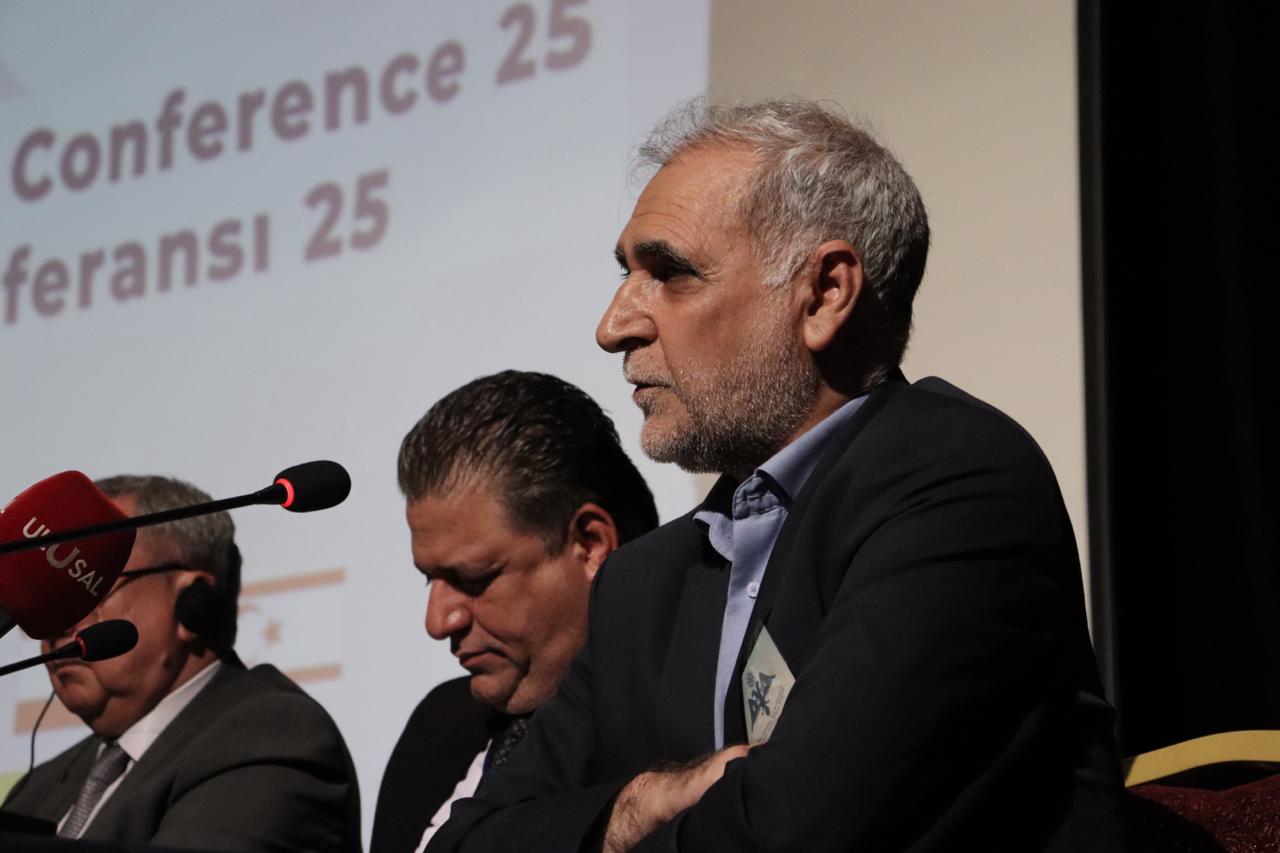
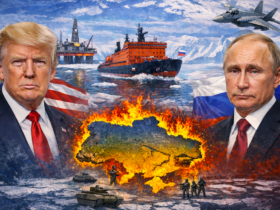

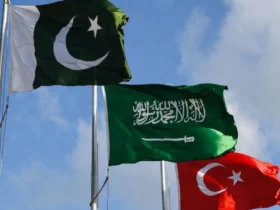
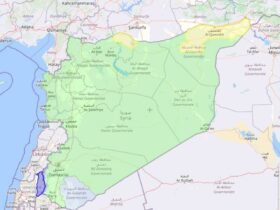

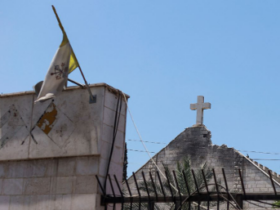
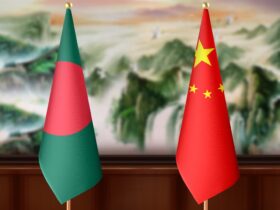
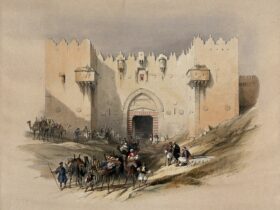

Leave a Reply